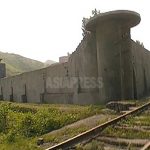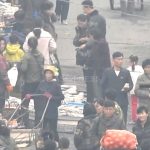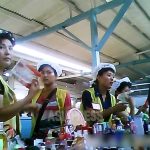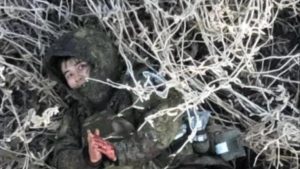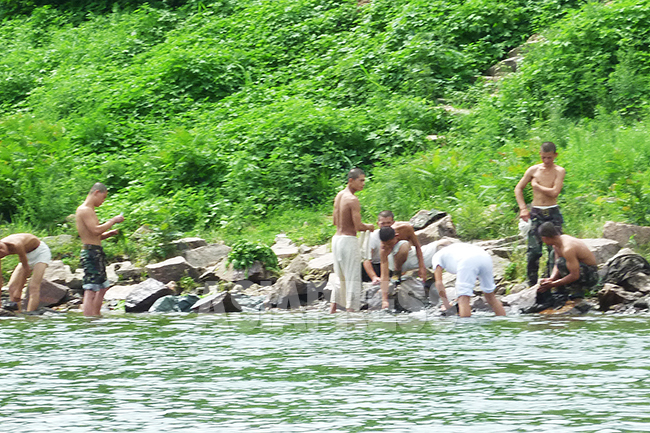
The traditional practice of large-scale mobilization of civilians—including enterprises and women's organizations—for North Korea's rural labor campaigns is gradually disappearing. Instead, military deployments to farms have become routine. This appears to be a policy reflecting authorities' intent to minimize costs while maintaining agricultural productivity, as farms now face the burden of paying wages to rural mobilization workers—previously unpaid—due to increased autonomy for enterprises and farms. (JEON Sung-jun / KANG Ji-won)
◆ Farms Welcome Military: "The Army Is a Big Help"
A reporting partner shared information obtained in early August through a farm worker contact at Goeup Farm in Ryanggang Province.
"Instead of general units like enterprises or women's organizations being mobilized to rural areas, many military units are being deployed. About two platoons or one company (60-100 people) are assigned to farms from their garrison and come out daily. At Goeup Farm, military units are coming out regularly for the first time this year, which has been very helpful. They specialize in tasks that require able-bodied workers, like weeding, field management, slope construction, and irrigation work."
※The Women's Union (officially the Korean Socialist Women's Union) primarily consists of housewives without formal workplace affiliations.
The farm welcomes military support. The reporting partner explained:
"When enterprises send workers, there are wage issues, so farms prefer military deployments. Farm workers say their work has become much easier since the military started coming regularly."
The system changed so that when enterprises send support workers, farms must pay their wages, creating a burden for farms—hence their preference for military personnel as free labor.
Similar reports from North Hamgyong Province in June suggest this is likely a national policy.
◆ Soldier Caught Stealing Goat... Authorities Sensitive About Military-Civilian Relations

According to the reporting partner, military rural deployments are quite frequent.
"They've created schedules for units to deploy every other day in shifts, based on garrison locations. Everyone except those on guard duty deploys. They mainly send soldiers to farms near military bases, but if the distance is far, farms sometimes have to cover transportation costs."
Meanwhile, military authorities appear to be tightening control to prevent potential damage to military-civilian relations.
"They impose strict controls to prevent military-civilian relationship problems. The soldiers all seem to be in poor physical condition, probably because food supplies aren't adequate. Farms provide snacks like noodles or potatoes during breaks."
The reporting partner noted that if problems arise, unit commanders also face collective responsibility, citing a recent example:
"When a goat was stolen from the farm and soldiers were found to be the culprits, the border guard brigade directly intervened and brought a better goat to replace it."
The routine deployment of military to rural areas appears connected to recent efforts toward comprehensive economic reform and economic normalization. However, further reporting is needed to determine whether this pattern observed in northern farms represents a nationwide phenomenon.
※ ASIAPRESS communicates with its reporting partners through Chinese cell phones smuggled into North Korea.
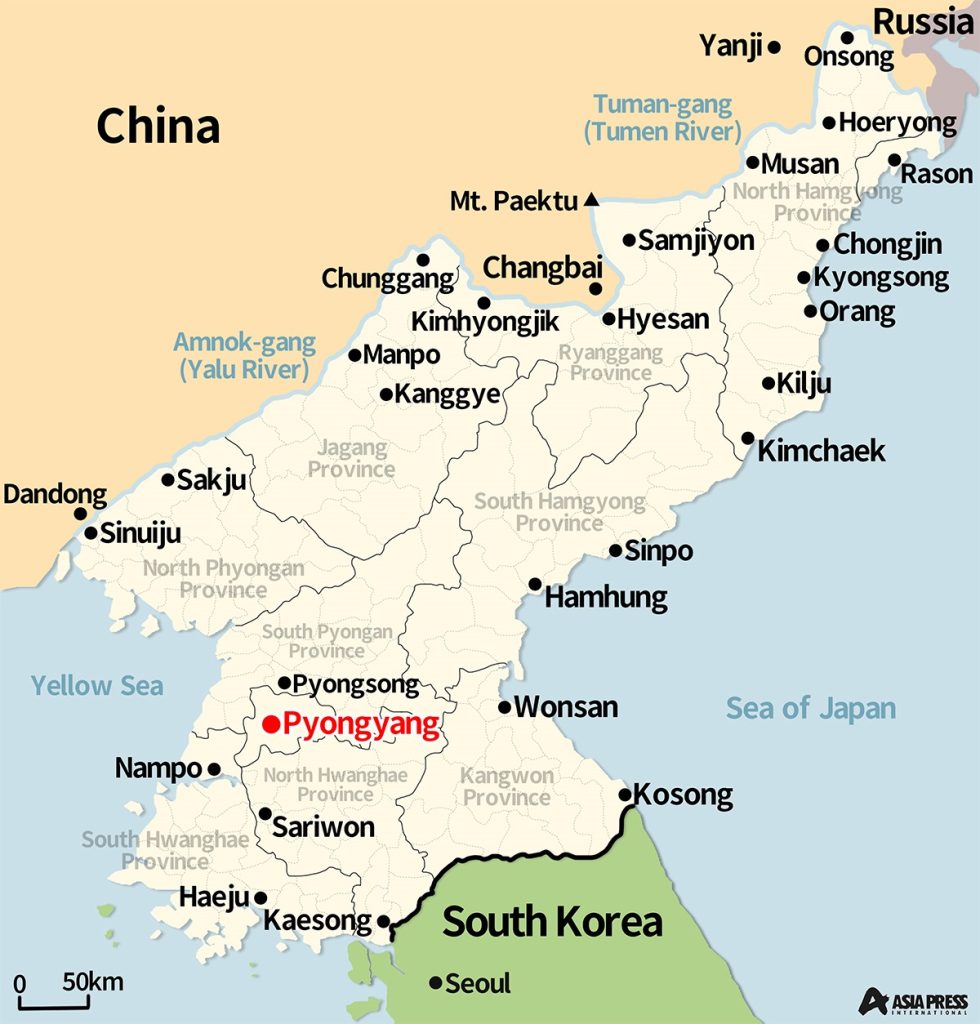
- <Inside N. Korea>Military Units Deployed for Farming Support Farms Welcome "Free Labor" While Hungry Soldiers Visit Households Pretending to Need Water, Asking for Food
- <Inside N. Korea>Large influx of Russian flour appears underway... Regular sales through grain stores, rations to major mines. Residents without cash unable to purchase
- <North Korea Special> What is the Reality of Kim Jong-un's Agricultural Policy Reform? (8) Farms Directly Selling Grain, Even Setting Prices... What Is the Newly Emerged 'Agricultural Material Exchange Center'?
- <Inside N. Korea>The 'Last Stronghold' of Defection in Crisis: Security Bureau Receives Commendation for Crackdown Success - Smuggling and Defections Nearly Eradicated

